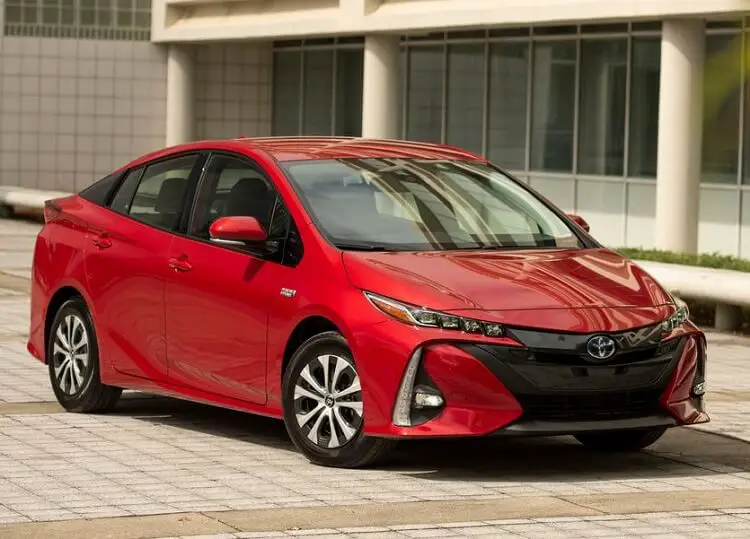Toyota has agreed to resolve claims brought against its Prius vehicles being equipped with defective inverters that failed prematurely with a $20 million settlement. This will benefit a nationwide class who either owned or leased 2010 to 2015 Prius vehicles or 2012 to 2017 Prius V vehicles as of 19th May 2022. All the vehicles included in the settlement were subjected to safety recalls E0E, J0V, F0R, and/or 20TA10.
Settlement Website: ToyotaPriusInverterSettlement.com
Objection Deadline: 10/26/2022
Exclusion Deadline: 10/26/2022
Claim Form: https://www.toyotapriusinvertersettlement.com/DynamicForms2/512/Form/a58c7c11-d50e-4e15-a520-2938dfccd449
Deadline For Submitting Claim Form: 05/12/2023
Final Hearing Date: 01/13/2023
Settlement Amount: $20 million
Potential Claim Amount: Variable
Proof Of Purchase: Evidence in support of an out-of-pocket claim like a receipt, credit card statement, invoice, proof of ownership of a vehicle, sworn statement, or a canceled check establishing the amount and nature of the expense for replacing or repairing an inverter or IPM of an associated rental car or tow.
Toyota is a global automobile giant manufacturing both gas and electric-powered vehicles. Prius is one of its most iconic hybrid models which comes in different designs and models like the Prius C and now retired Prius V. However, the Prius vehicles are infamous for facing multiple recalls to date because of its faulty Intelligent Power Modules (IPM) and inverters which can trigger the vehicle to go into an unexpected “limp” mode. As per the plaintiffs in the class-action lawsuit, electrical and thermal stress failed transistors of the IPMs.
The electrical power system problem affects the inverter which as we all know is a key component of the car. The inverter is responsible for boosting voltage from the battery and converting it to alternating current. The Prius inverters were suffering from overheating issues which were frying the internal high power transistors causing power loss and in worst cases leaving the owners stranded on the road. Toyota tried fixing the problem by modifying the inverter software but this didn’t prevent the overheating and caused the inverter failures to continue.
Drivers have taken legal action against Toyota despite these recalls arguing that Toyota knew its vehicles were being equipped with defective inverters. Nonetheless, the car marker forced both lessees and owners to bear the bill for costly repairs. Toyota has agreed to resolve the allegations though it hasn’t admitted any wrongdoing. Several benefits will be offered to the class members as a part of this settlement.
Monetary benefits include reimbursements for repair and a potential redistribution check. Class members will be reimbursed for repairs or replacements done for the IPM and inverter before the effective settlement date. This is inclusive of all repair-related costs like towing charges, car rentals, and more. If money remains in the settlement fund after reimbursement for these repairs, then all class members will be eligible to collect a redistribution cheque of up to $250.
However, if the leftover funds aren’t adequate to warrant redistribution cheques, then the remaining money shall be donated for program funding of Texas A&M University’s Transportation Institution. The non-monetary benefits offered by this settlement include a Loaner/Towing Program and a Customer Confidence Program. The first program will cover a loan vehicle and/or towing related to repairs under the Customer Confidence Program which extends the IPM and inverter warranty to cover future repairs on class vehicles. Class members can file for a redistribution claim if they didn’t receive a postcard on their eligibility.

